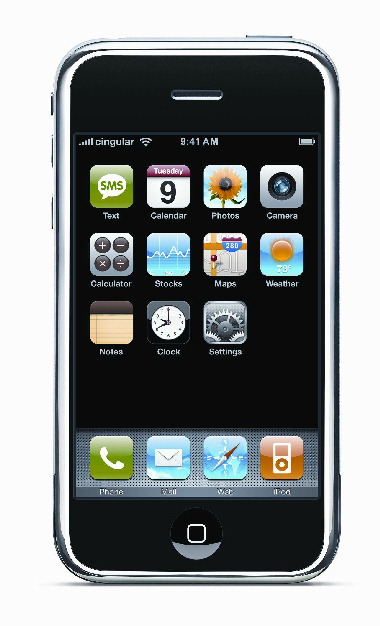What the iPhone SDK means for open source


This is still a proprietary platform.
But with this move Jobs is admitting that the iPhone is a computer platform, thus subject to computer rules, and that is an important move.
It means the absolute device control AT&T and the other U.S. carriers have exercised must give way. It means that the iPhone is not a phone, and that's what its competitors, such as the coming GPhone, will be as well.
So what we have is a tipping point, from mobile voice to mobile data. One that will change public attitudes. While people can accept "it's the network" as an excuse for maintaining voice reliability, they know better when it comes to data.
They have the Internet, the "network of networks," not (supposedly) under any one carrier's control, offering fixed monthly service pricing, a comparative gob of bandwidth, with voice as just one of many low-bandwidth applications.
Consumer demand is going to move in this way. Apple's decision was really defensive, a way to forestall bigger market share losses to Google.
So far AT&T's contract concessions have been minimal, and the phone has been highly profitable, grabbing market share from rival T-Mobile, forcing Sprint into a limp response, putting pressure on Verizon.
But as mobile service is increasingly defined by the device makers, and mobile devices are increasingly data-driven, can the carriers retain their monopoly control? I doubt it.
In a way, Apple and Google are playing a good-cop, bad-cop routine on the carriers, with Apple as the good cop (you don't want to be sued) and Google as the bad cop (we're just going to ignore you).
On TV, suspects who are subjected to this routine eventually crack. Will the carriers?